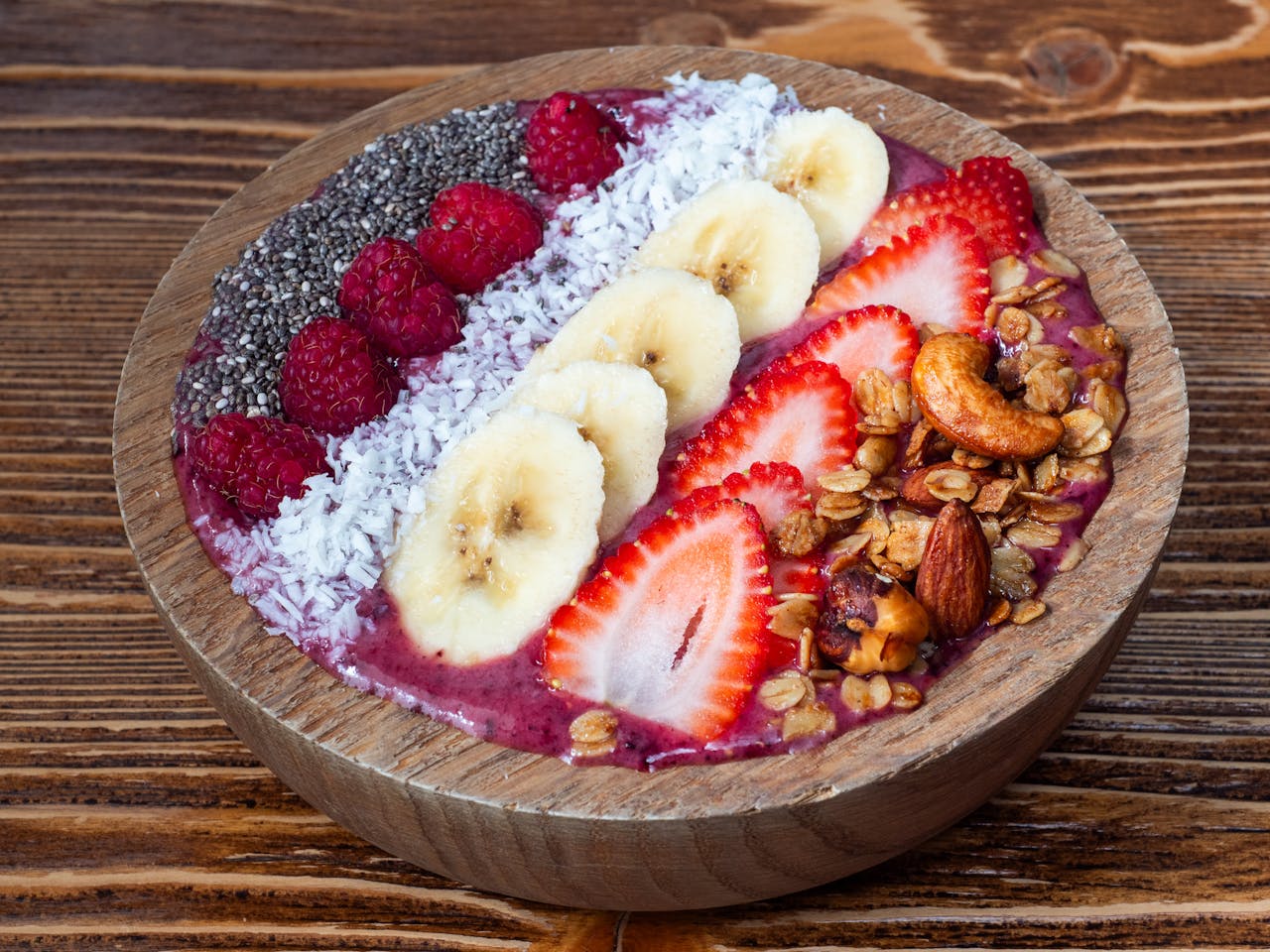Chronic Kidney Disease (CKD) affects millions of people worldwide, and managing it effectively requires a combination of medical treatment and lifestyle changes—particularly in diet. Proper nutrition plays a crucial role in slowing disease progression, managing symptoms, and improving overall quality of life.
In this blog post, we’ll explore:
-
The importance of nutrition in CKD management
-
Key dietary guidelines for different CKD stages
-
Common nutrition programs and resources available
-
Tips for sticking to a kidney-friendly diet
Why Nutrition Matters in CKD
The kidneys filter waste, balance fluids, and regulate electrolytes. When kidney function declines, harmful substances can build up in the blood, leading to complications like high blood pressure, bone disease, and cardiovascular issues. A well-structured nutrition program helps by:
-
Reducing kidney workload – Limiting certain nutrients (like sodium, potassium, and phosphorus) eases strain on the kidneys.
-
Managing complications – Controlling protein, sodium, and fluid intake helps prevent fluid retention and high blood pressure.
-
Preserving kidney function – A balanced diet can slow CKD progression and delay the need for dialysis.
Key Dietary Guidelines for CKD by Stage
Nutritional needs vary depending on CKD stage (1-5). Here’s a general breakdown:
Stages 1-2 (Early CKD)
-
Focus: Maintain kidney health and prevent further damage.
-
Key Recommendations:
-
Limit sodium to reduce blood pressure.
-
Moderate protein intake (0.8g per kg of body weight).
-
Stay hydrated but avoid excessive fluid intake.
-
Eat heart-healthy foods (fruits, vegetables, whole grains).
-
Stages 3-4 (Moderate to Severe CKD)
-
Focus: Slow disease progression and manage complications.
-
Key Recommendations:
-
Further reduce sodium (≤ 2,000 mg/day).
-
Monitor potassium and phosphorus intake (limit high-potassium foods like bananas and oranges).
-
Adjust protein intake based on lab results (may need lower protein).
-
Control fluid intake if swelling or high blood pressure is present.
-
Stage 5 (Kidney Failure/End-Stage Renal Disease - ESRD)
-
Focus: Support dialysis or transplant needs.
-
Key Recommendations:
-
Higher protein needs if on dialysis (1.2g per kg of body weight).
-
Strict phosphorus control (avoid processed foods with phosphate additives).
-
Monitor potassium closely (dialysis affects levels).
-
Fluid restrictions based on urine output.
-
Common CKD Nutrition Programs & Resources
Several structured programs help CKD patients manage their diet effectively:
1. Medical Nutrition Therapy (MNT) with a Renal Dietitian
-
A registered dietitian specializing in kidney disease can create a personalized meal plan.
-
Covered by Medicare and many insurance plans for CKD patients.
2. The DASH Diet (Modified for CKD)
-
Originally for hypertension, a CKD-modified DASH diet emphasizes:
-
Low sodium
-
Limited processed foods
-
Controlled potassium and phosphorus
-
3. Plant-Based Diets for CKD
-
Emerging research suggests plant-based diets (with controlled protein) may benefit kidney health by reducing acid load and inflammation.
4. Kidney-Friendly Meal Delivery Services
-
Companies like Mom’s Meals and Freshly offer renal-friendly meals tailored to CKD dietary restrictions.
5. National Kidney Foundation (NKF) Resources
-
The NKF provides meal plans, recipes, and educational materials for CKD patients.
Tips for Sticking to a Kidney-Friendly Diet
-
Read Labels Carefully – Watch for sodium, potassium, and phosphorus additives.
-
Cook at Home – Control ingredients better than eating out.
-
Use Herbs & Spices – Replace salt with flavorings like garlic, lemon, and herbs.
-
Plan Meals Ahead – Prepping kidney-friendly snacks prevents unhealthy choices.
-
Stay Educated – Regular check-ins with a dietitian ensure adjustments as CKD progresses.
Final Thoughts
A well-managed CKD nutrition program is one of the most powerful tools for preserving kidney function and maintaining quality of life. By working with healthcare providers, utilizing structured programs, and making mindful food choices, CKD patients can take control of their health.
If you or a loved one is managing CKD, consult a renal dietitian to create a personalized nutrition plan—because every bite counts when it comes to kidney health.


